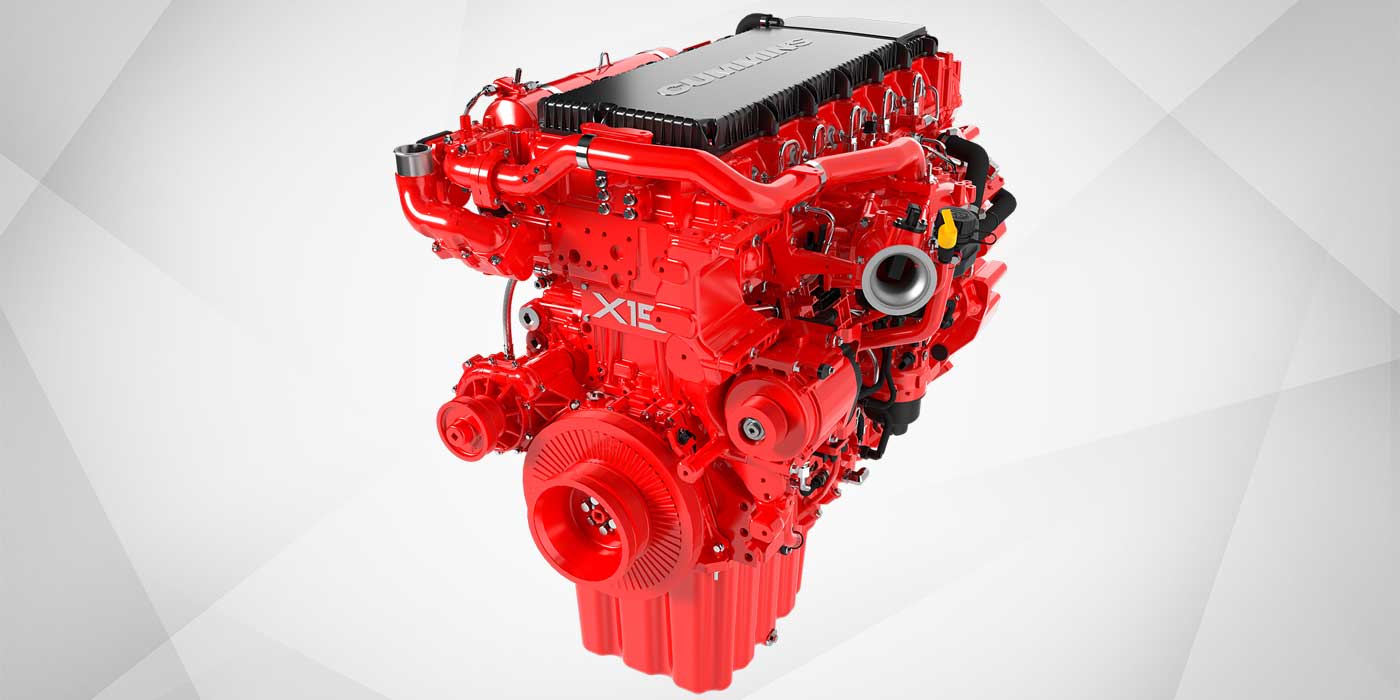Engines For Africa: Leading Service Provider of Premium Engines
Engines For Africa: Leading Service Provider of Premium Engines
Blog Article
A Total Guide to Choosing the Right Engine for Your Task
Choosing the suitable engine for your project is a crucial decision that can significantly impact its general success. Each of these aspects plays a crucial duty in guaranteeing that your chosen engine not just fulfills instant goals however also lines up with long-term ambitions.
Define Your Job Needs
Defining your project requires is an essential action in picking the appropriate engine for effective implementation. A detailed understanding of your task's purposes will certainly assist you in recognizing the attributes and capacities required from an engine. Begin by laying out the extent of your job, including the preferred capability, target market, and the specific end results you intend to achieve.
Following, consider the technological demands that line up with your job goals. This consists of assessing the compatibility of the engine with existing systems, in addition to the shows languages and structures that will be utilized. In addition, analyze the degree of scalability needed to suit future development or adjustments in need.
Budget restraints additionally play an important role in defining your project requires. Develop a clear economic structure to lead your decision-making process, making certain that the engine chosen fits within your spending plan while giving the necessary capability.
Evaluate Efficiency Needs

Engines that sustain horizontal scaling are frequently preferable for larger applications. Furthermore, assess the engine's efficiency under different conditions, such as peak usage situations, to ensure it fulfills your reliability criteria.
Take Into Consideration Simplicity of Usage
While technological requirements are essential, the simplicity of usage of an engine can dramatically influence the development process and general project success. An user-friendly interface, clear documentation, and structured workflows can drastically decrease the knowing curve for designers, enabling them to concentrate on creative thinking and analytical instead of coming to grips with complex devices.
When examining an engine's ease of use, take into consideration the onboarding experience. A well-structured intro, total with tutorials and example jobs, can help with a smoother shift for brand-new individuals. In addition, the clarity and comprehensiveness of the engine's documentation play an important duty; extensive overviews and API recommendations can empower designers to troubleshoot and carry out attributes effectively.
An additional facet to think about is the engine's modification capabilities. An engine that enables very easy alterations can be more straightforward, as developers can tailor it to fit their specific requirements without considerable hassle. Evaluate the operations combination with platforms and devices you already use. A natural ecological community can boost efficiency and minimize rubbing during the growth process. Eventually, selecting an engine that focuses on simplicity of use can bring about a more enjoyable and efficient growth experience.
Assess Neighborhood and Support
The toughness straight from the source of an engine's area and support network can substantially influence a designer's experience and success. When assessing an engine, think about the size and activity level of its community.
Moreover, review the availability of main assistance networks. Dependable paperwork, receptive customer support, and regular updates are vital for addressing technological issues and maintaining your task on the right track. Engines For Africa. Energetic neighborhoods also foster partnership, providing chances for networking and comments, which can be indispensable, specifically for independent designers or tiny teams
Furthermore, examine the presence of community-run events, such as meetups or hackathons. These celebrations can enrich your understanding of the engine while linking you with seasoned users and possible partners. In recap, a durable area and assistance system not only go right here improve growth but also produce an environment for discovering and technology, eventually boosting the likelihood of your project's success.
Compare Price and Licensing Options
Budget plan factors to consider play an essential role in choosing the best engine for your job, as the price and licensing alternatives can considerably affect both short-term expenses and long-lasting practicality. Engines For Africa. Various engines offer varying prices frameworks, which can include one-time acquisition charges, registration models, or revenue-sharing agreements based upon your task's incomes

Licensing alternatives additionally vary substantially. Some engines are open-source, providing adaptability and community-driven support, while others may require exclusive licenses that limit usage and circulation. Recognizing the effects of each licensing version is vital, as it impacts possession civil liberties, future scalability, and possible legal obligations.
Final Thought
In conclusion, selecting the ideal engine for a job requires a thorough assessment of specified task demands, performance needs, convenience of usage, area support, and cost factors to consider. By systematically dealing with these crucial aspects, decision-makers can guarantee positioning with both future and current job demands. A well-informed selection eventually boosts the probability of job success, enabling reliable resource allowance and maximizing potential end results within the defined monetary restraints.
Choosing the appropriate engine for your job is a crucial choice that can significantly impact its overall success.Specifying your job needs is an essential action in picking the ideal engine for successful application. A comprehensive understanding of your job's objectives will certainly lead you in identifying the features and capacities called for from an engine.Once you have a clear understanding of your task needs, the next step is to examine the performance requirements of the engine.In final thought, picking the appropriate engine for a task demands a complete evaluation of defined project needs, efficiency requirements, ease of usage, neighborhood assistance, and expense factors to consider.
Report this page